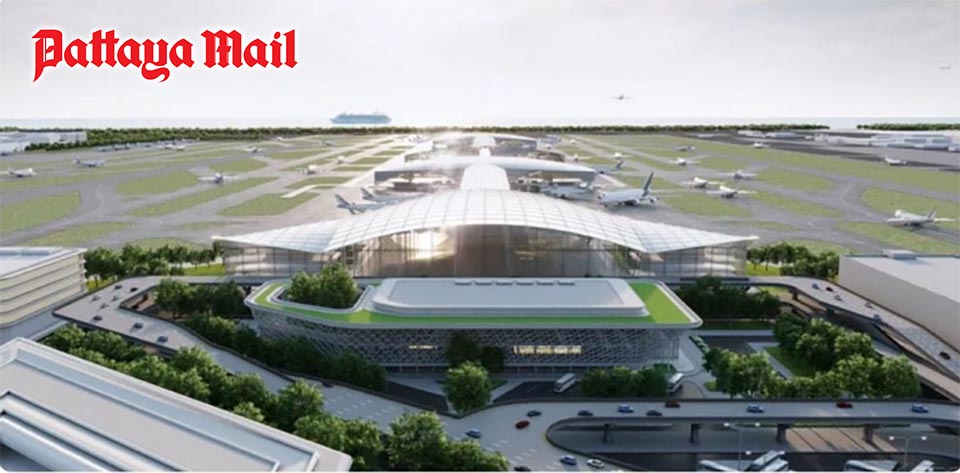EEC nears completion of high-speed rail contract revisions as U-Tapao Airport project faces delay
The U-Tapao Airport project delays its construction start, negotiating a smaller first phase due to postponed rail connectivity.
PATTAYA, Thailand – The Eastern Economic Corridor (EEC) has revealed that revisions to the joint venture contract for the Don Mueang–Suvarnabhumi–U-Tapao high-speed rail project are nearly finalized. The contract, currently under review by the Office of the Attorney General, is expected to be submitted to the State Railway of Thailand (SRT) board by July 17. Following this, it will move to the EEC Board and the Cabinet for approval, aiming for contract signing in September 2025 and issuance of the Notice to Proceed (NTP) to begin construction shortly thereafter.
Chula Sukmanop, Secretary-General of the EEC Office, explained that contract amendments mainly clarify wording to align with agreed principles between SRT and the private partner, Asia Era One, and no major obstacles are anticipated. However, political uncertainties remain a concern, as any change in government or a caretaker Cabinet status might affect contract approvals.
Meanwhile, the U-Tapao International Airport and Eastern Aviation City project faces a delay in its NTP issuance. Negotiations are ongoing with concessionaire U-Tapao International Aviation Co., Ltd. to downscale the initial phase of airport development due to the postponement of the high-speed rail connection. Originally planned for a July 15 NTP, the project will start with a smaller passenger capacity—around 3 million annually instead of 6–8 million—to match current demand without the rail link. Expansion to full capacity would proceed once rail service is operational and passenger traffic grows.
The development plan has also been revised from four to six phases to accommodate these changes. The airport project remains critical for boosting regional connectivity and aims to become a major aviation hub with complementary businesses forming the Eastern Aviation City.
Political uncertainties loom as the EEC prepares to present the amended high-speed rail contract to the Cabinet next month.
U-Tapao Airport’s phased development reflects caution amid infrastructure delays, focusing on gradual capacity growth linked to rail progress.



